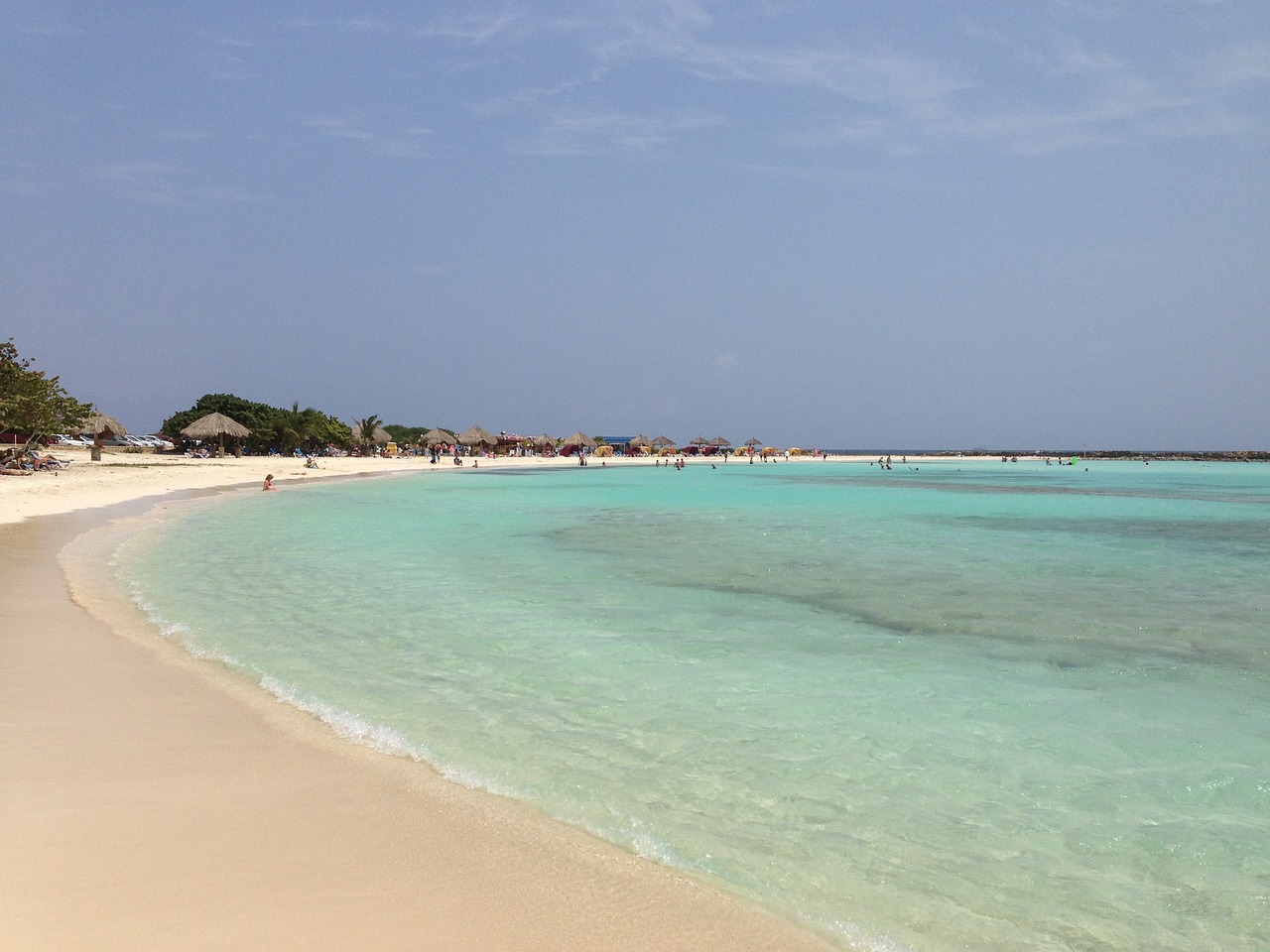Language and Communication: Overcoming Barriers in Aruba
Aruba, a Caribbean island known for its pristine beaches and vibrant culture, welcomes tourists from all over the world. With a diverse visitor base, language and communication play crucial roles in ensuring a seamless experience for everyone. In this article, we will explore how Aruba overcomes language barriers to facilitate effective communication and provide an inclusive environment for all.
Language Diversity in Aruba
Aruba, being a popular tourist destination, attracts visitors from various countries, each with their own native languages. While the official languages of Aruba are Dutch and Papiamento, English and Spanish are widely spoken due to the island’s international appeal. This linguistic diversity presents both challenges and opportunities for effective communication.
- Dutch: As the official language of Aruba, Dutch is primarily used in government and administrative settings.
- Papiamento: Papiamento is a Creole language spoken by the majority of Arubans. It is a unique blend of Portuguese, Spanish, Dutch, and African languages.
- English: English is widely spoken and understood in Aruba, especially in tourist areas, hotels, and restaurants.
- Spanish: Due to its proximity to South America, Spanish is also commonly spoken in Aruba, catering to many visitors from Spanish-speaking countries.
Language Services and Resources
To overcome language barriers and ensure effective communication, Aruba provides various language services and resources to cater to its diverse visitors.
- Translation Services: Many hotels, resorts, and businesses in Aruba offer translation services to assist visitors in their native languages. These services can be accessed through concierge desks or customer service centers.
- Multilingual Staff: Hotels and tourist attractions often employ multilingual staff members who can communicate with visitors in different languages, enhancing the overall experience.
- Language Apps: Mobile applications such as language translation apps can be useful for tourists who want to communicate basic phrases or seek assistance in a foreign language.
- Language Classes: Some resorts and cultural centers in Aruba offer language classes, allowing visitors to learn basic phrases in Dutch, Papiamento, or other languages spoken on the island.
Cultural Sensitivity and Non-Verbal Communication
In addition to linguistic diversity, Aruba recognizes the importance of cultural sensitivity and non-verbal communication in overcoming language barriers.
- Gestures and Body Language: Non-verbal communication, such as gestures and body language, can be effective in conveying messages when language barriers exist. Arubans are generally warm and friendly, making it easier for visitors to feel welcomed and understood.
- Respect for Cultural Differences: Arubans embrace cultural diversity and respect the customs and traditions of their visitors. This creates an inclusive environment where tourists feel comfortable expressing themselves.
- Patience and Understanding: Both locals and visitors in Aruba understand the challenges of language barriers. Patience and understanding are key in bridging communication gaps and fostering positive interactions.
Language Assistance in Tourist Areas
Aruba places a strong emphasis on providing language assistance in popular tourist areas to ensure visitors have a smooth experience.
- Information Desks: Tourist information desks are strategically placed in popular areas, staffed with multilingual personnel who can provide guidance, maps, and answer questions in various languages.
- Language Signage: Signage in tourist areas, including airports, hotels, and attractions, is often displayed in multiple languages to facilitate navigation and understanding.
- Language Hotlines: Dedicated language hotlines are available for tourists to seek assistance or report any language-related issues they may encounter during their stay.
Aruba Image 1:

Language Exchange Programs
Aruba promotes language exchange programs that allow locals and tourists to learn from each other, fostering cultural understanding and improving communication.
- Language Cafés: Language cafés provide a casual setting for locals and tourists to interact, practice languages, and learn about each other’s cultures.
- Language Exchange Events: Aruba organizes language exchange events where visitors and locals can participate in language-focused activities, such as conversation circles and language games.
- Community Language Programs: Community centers in Aruba offer language programs that bring together locals and tourists interested in learning each other’s languages.
Aruba Image 2:

Technology and Language Translation
With advancements in technology, Aruba leverages digital solutions to bridge language barriers and enhance communication.
- Translation Apps and Devices: Mobile apps and devices that provide real-time language translation can be used by tourists to communicate with locals, making conversations more accessible.
- Language-Enabled Services: Voice-activated virtual assistants and smart devices can understand and respond in multiple languages, assisting tourists in their preferred language.
- Online Language Resources: Aruba’s official tourism websites and mobile apps often provide language resources, including basic phrases and translations, to help visitors navigate the island.
Aruba Image 3:

Conclusion
Aruba recognizes the importance of effective language and communication in providing a positive experience for its diverse visitors. With a combination of language services, cultural sensitivity, and technological advancements, Aruba successfully overcomes language barriers. By embracing linguistic diversity, Aruba creates an inclusive environment where visitors can communicate and connect with locals, enhancing their overall experience on the island.
References
– aruba.com
– visitsouthamerica.co
– travelandleisure.com
– caribjournal.com
– lonelyplanet.com


